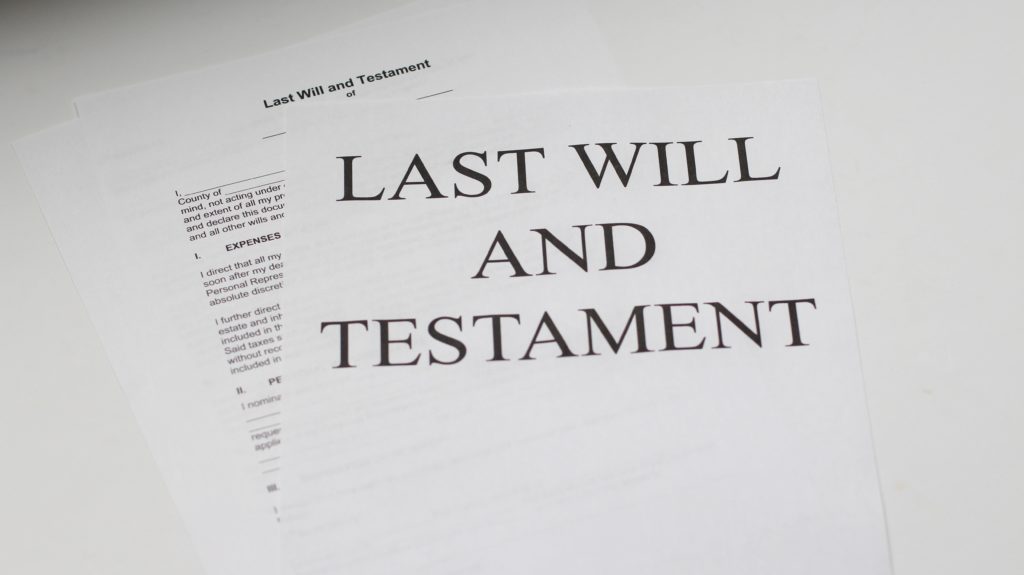Probate is a court-directed process to examine the last will and testament, authorize the executor named in the last will and give the “all clear” to the executor to go ahead and carry out all of the directions in the last will. However, it’s not always that simple—and sometimes, it can get extremely complicated.
A probate judge also oversees cases when there is no last will, explains the article “How Do Probate Judges Administer Estates?” from Yahoo! Finance. If there is no last will, the estate is considered “intestate,” and the court appoints an administrator to manage the estate.
Most probate cases are decided using the laws of the state. The probate judge may also be involved in guardianship and mental competency cases. In some states, the probate court oversees adoption cases instead of a family court. However, the main responsibility of the probate judge is overseeing estates.
Probate includes the process of determining the last will’s validity, ensuring that bills and taxes are paid and property is distributed according to the deceased’s wishes. However, if there is no last will and no family member petitions the court to contest the last will, the probate judge’s involvement in the estate (and the family’s life) becomes far more extensive.
Here’s how it works.
The executor of the estate files the last will with the probate court. The probate court has to be sure there are no objections to the last will, like a possibility that someone may claim that the last will was not knowing and voluntarily made by the decedent. In the most intense cases, the judge may have to declare the need for litigation. However, if there are no objections, the executor is approved. The next step is for the executor to get a tax ID number from the IRS and open an estate bank account.
The executor next notifies all interested parties about the last will. This is done by placing classified ads in local newspapers. All possible heirs must be notified, whether they are mentioned in the last will or not, and if they can be found. Creditors have a specific time period to submit claims against the estate through the probate court.
Inventory of all assets must be done, and a total value assigned to the estate on the date of death. The inventory is filed with the probate court and provided to heirs. This is a lot of work, and the executor must be diligent. It may be necessary to hire professionals to value assets, like real estate. Many people work with an estate planning attorney to ensure that the estate is properly valued.
If the last will is contested, the probate judge reviews evidence and hears arguments. The process can take years, depending on the complexity of the estate. The probate judge issues rulings and opinions.
If there is no last will, the judge appoints an administrator of the estate to conduct the duties of the executor as described above. With no last will, the probate judge invokes the law of intestate succession, which in most states, means that the order of inheritance is based on the relationship between the deceased and the next of kin. If there are estranged family members, they may end up inheriting most of the estate, regardless of their relationship with the decedent.
Having a last will prepared by an experienced estate planning attorney permits you to make the decisions about your property, spares your family from potentially losing everything you have worked to attain and saves your loved one’s time, money and emotional hardship. Contact our office, or book a call today.
Reference: Yahoo! Finance (Aug. 31, 2021) “How Do Probate Judges Administer Estates?”




